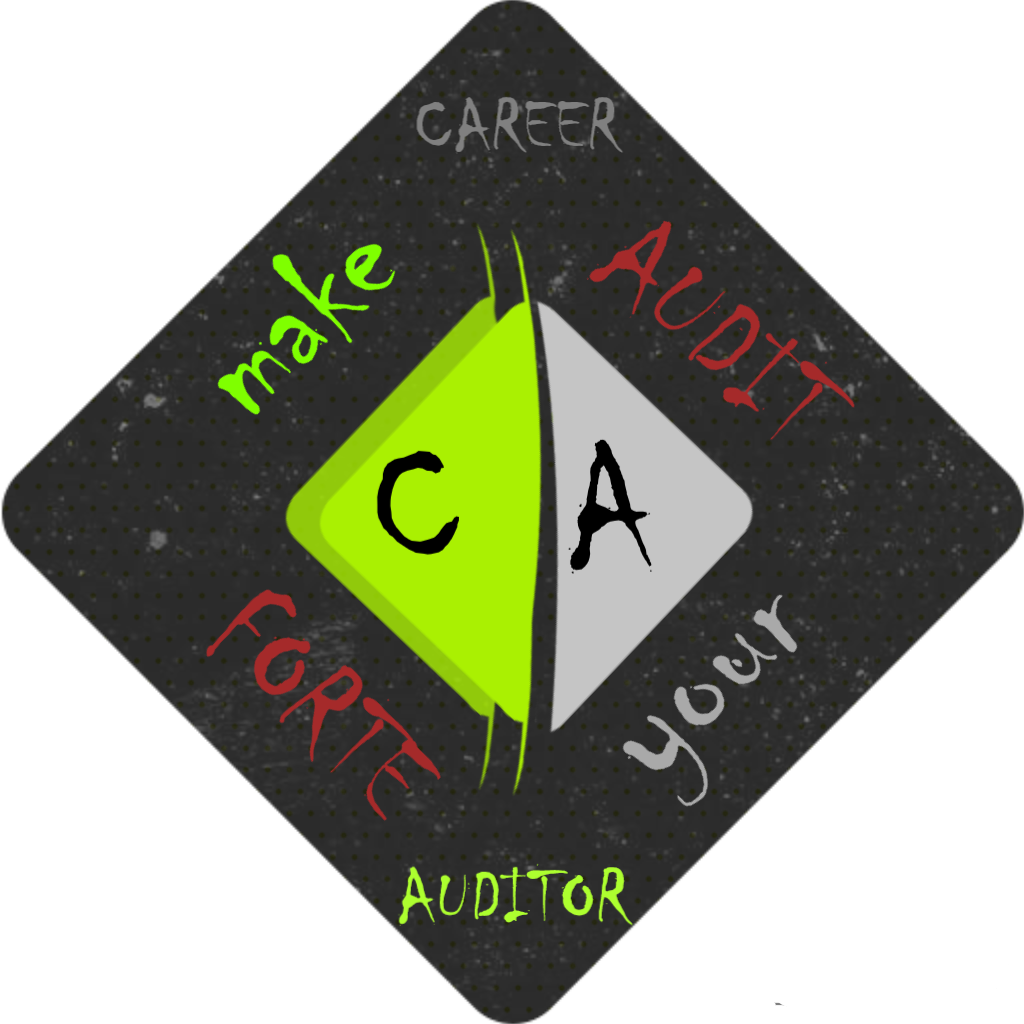It is almost certain that every auditor has experienced making inquiries as an investigative audit procedure. It may also be the case that some might have experienced it or are living through it as a core procedure or in fact as the only investigative audit procedure.
I empathize with the latter group of auditors as it might be out of their client’s/employer’s insistence that they have to go for it as a matter of compulsion or it might be what they know best. Whilst for regular internal audit engagements, client inquiries are indeed a starting point; these are intended to acquire system understanding.
In investigative audits, these are for an entirely different purpose and well, they do not serve that purpose. Right, you may be well versed with the type of questions that you should be asking; probing, open, close, etc. but all these could never substitute tangible, sufficient and objective evidence. And may I add; the most relevant trait here; irrefutable evidence!
The compulsion for inquiries is understandable, but their purpose is incomprehensible. Let’s first understand why is there a compelling need for these?
The need for these, in many jurisdictions, comes from legislation governing employment. Then comes the entity’s own policies and procedures. Offences pertaining to an entity’s Code of ethics and misconduct require formal disciplinary inquiries conducted by special committees constituted for this purpose.
The wisdom on which these requirements are based might have been well understood at the time these were codified but now remains elusive. An argument could be that such a formal setting allows the accused, a formal and fair platform to kill the charges made and gives an opportunity to put up a strong defense. But then, that is exactly the problem with these.
Do entities perform inquiries in a court room setting or like a police investigation? Are these assisted by tech enabled equipment like lie detectors or techniques like polygraph testing and can those be relied upon? And what will then become of “innocent until proven guilty?” And how else do you reasonably assure that the accused and the accuser are not lying?
Now let’s see how that is a problem.
Inquiries are required to be conducted in a manner that could give out the complete account of the event leading to the offence. They aim at reconstructing the event from the perspectives of the accused and the complainant. Both the parties give their own truth that might still not be the whole truth; an alternate reality that serves their own accounts.
Owing to the compelling needs they are made to serve; they’re taken against the hardcore evidence on hand, sometimes as a substitute! Furthermore, sometimes the committees made to conduct these become so excited in the narratives that surround the evidence that they forget the evidence itself. And that’s where inquiries start to entice but not substantiate; they make a good storytelling but not the true picture.
The accused mostly, won’t be able to dispute or kill the tangible evidence but will have their account of how the evidence came into being and how it doesn’t mean what it implies, but something entirely different. The complainant would try to stick to the evidence for as long as possible but will have to rely on certain theories that might go beyond the evidence.
Both the positions will not be able to prove their points but will implicitly undermine the evidence. And unfortunately, something that was meant to clearly substantiate the occurrence beyond doubt and put it out in the open in black and white will be left in the grey!
That’s too high a cost for being transparent and allowing fairness in the process; you set out to determine facts around the evidence, which was telling, but must be put to test through the narratives. That’s akin to putting the evidence down altogether.
But where does it lead us?
Nowhere to be precise. Inquiries in my opinion if conducted in this manner are akin to get a genuine perpetrator off the hooks or a false accuser get his way. The dominating version will be of the person who has a good story to tell, or even worse, who is at a position of power and influence; nothing relevant to the evidence.
Moreover the outcome of an inquiry also depends on what questions are asked. Poorly structured questions will lead to unreliable outcomes that will defeat the purpose of the inquiry. The side that can play it smart will have their way. What matters then would be the performance at the inquiry desk and not what the already in hand tangible evidence clearly reflects!
Now, let’s see how inquiries should actually be done to be purpose specific. The inquiry committee,
- Should first focus on reviewing the evidence and make it part of the record.
- Assess the credibility of the process by which evidences have been obtained.
- Review the credibility and authenticity of the sources from which evidences have been obtained.
- May, if it so desires, ask for or obtain more records, evidences.
- Analyze the evidence in depth and seek specialized help if needed and possible.
- Corroborate multiple evidences.
- Evaluate the evidence on Means, Motives and Opportunity criterion.
- Identify the most likely conclusions, NOT the definite conclusions.
- Identify the important questions to be asked in inquiry, but ask only if they become relevant.
And finally, how it should end; only take those statements and answers that align with what the evidence reflects, not the ones that contradict it.
The outcome would then tell how the events unfolded, the key takeaways for future, significance of the offence and well of course, the party RESPONSIBLE!
